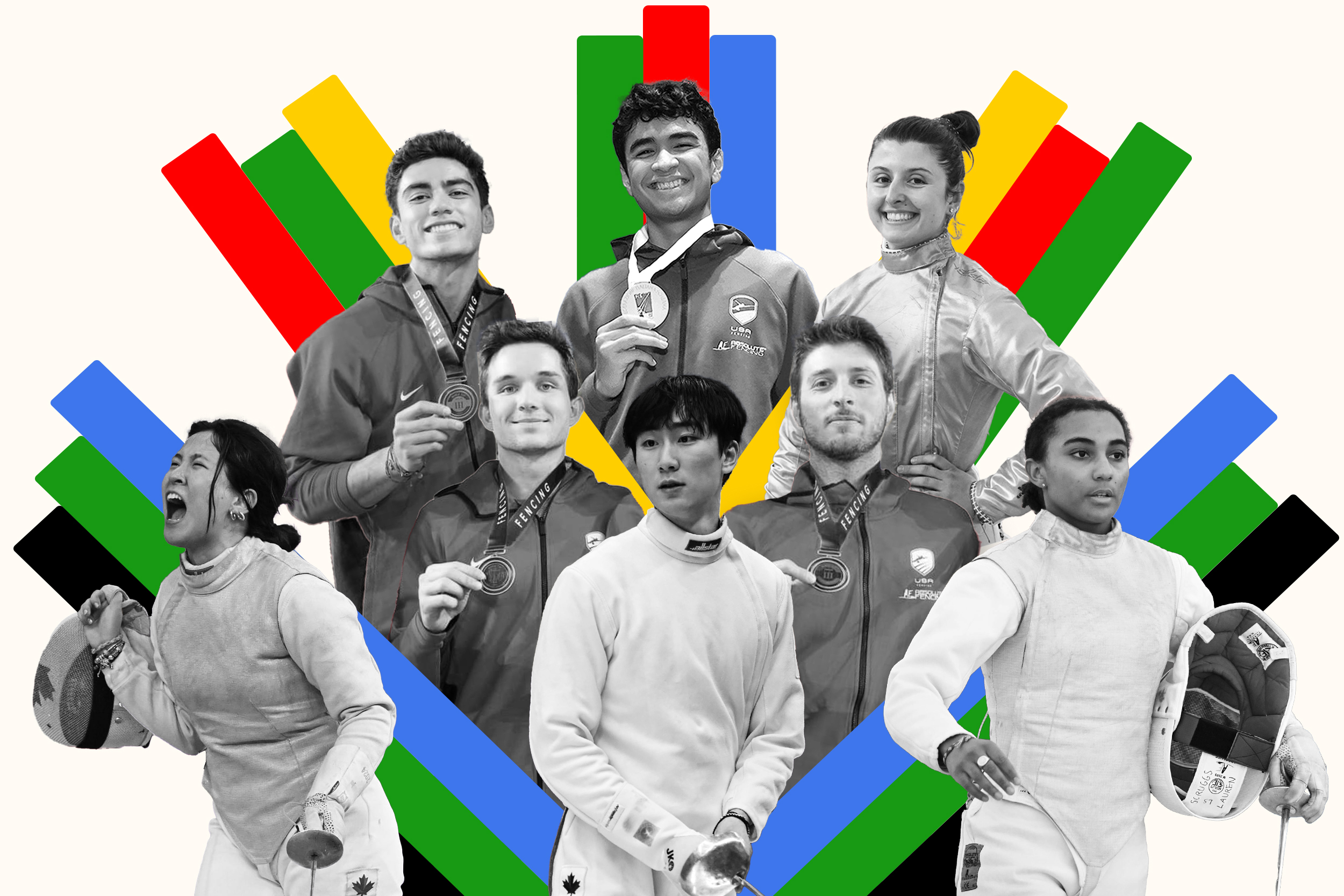The Olympics
Harvard and the Olympics
At the 2024 Paris Games, members of the Harvard community will add to the University’s Olympics history, which dates back to the first modern games in 1896.
Professor Mark Schiefsky took part in the 2024 Olympic flame relay, helping to bring the Olympic torch to Paris for the summer games.
Watch Mark in the relayThe Paris report
Going for gold
Learn more about the current Harvard Crimson student-athletes who are competing in Paris this summer.

Tom Siddall
The assistant coach for Harvard’s men’s heavyweight rowing has been preparing a Paralympics rowing team for their competition in the Paris 2024 games.
Meet more athletes
Learning from the Olympics
Explore the impact of the Olympics beyond triumphs of physical prowess.
I’ve always been pretty obsessed with the Olympics. I think they’re incredible, a time of great hope.”Harvard Kennedy School alum Jamie Mittelman, founder of Flame Bearers, the first and only global storytelling platform for women Olympians and Paralympians

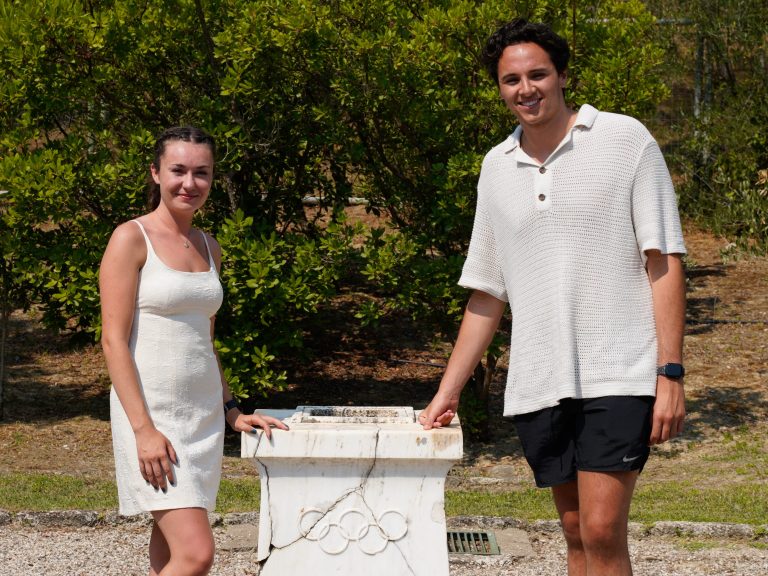
The long-distance run from ancient Greece to the modern Olympics
In an intensive co-hosted by the Harvard Center for Hellenic Studies, students delved into studying the original Olympic Games, its 19th-century revival, and its influence on modern sport.
Athletics for everyone
The Olympics are a golden opportunity to advocate for the rights of children with disabilities.
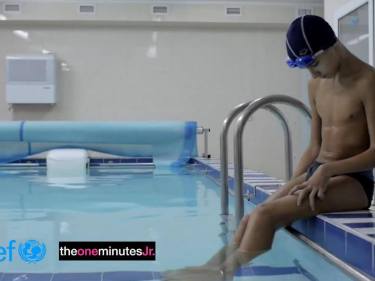
Commercializing the Olympics
Harvard Business School professor explains how Adidas created the first sports sponsorships for the Olympics.
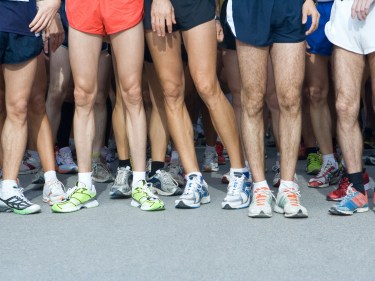
Rethinking Olympic glory
Experts discuss ways to improve the Olympics for the host countries and the athletes.
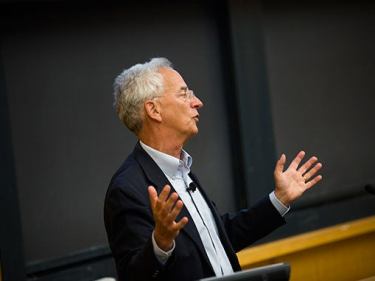
Competitive edge
Practice might get you to the Olympics, but mental preparation may be what puts you on the podium.
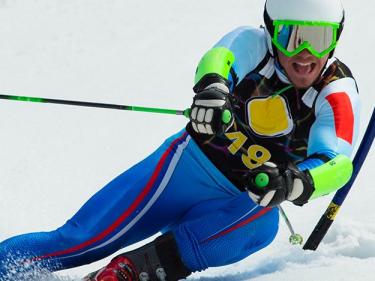
Empty monuments
Kaz Yoneda’s research on Olympic stadiums considers the future of cities.
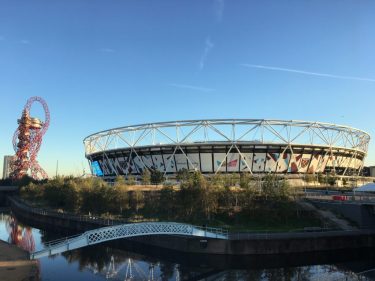
Our Olympic history
Harvard has played an integral role in the Olympics, Paralympics, and Special Olympics for over a century.
Explore the full list of competitors at Harvard University Athletics
The world at our feet
In 1984, Harvard Stadium was host to a series of Olympic soccer preliminary matches involving Cameroon, Canada, Chile, Brazil, France, Iraq, Norway, Qatar, and Yugoslavia.

A special anniversary
Since its founding in 1968, the Special Olympics has grown to a global movement that empowers people with intellectual disabilities through sports, education, and health programs. In 2018, the Harvard Law School Project on Disability helped celebrate the 50th anniversary.
AstrOlympics
The Center for Astrophysics | Harvard & Smithsonian created the AstrOlympics project to help explore the spectacular range of science that we can find both in the impressive feats of the Olympic Games as well as cosmic phenomena throughout the Universe.
Rotation
A gymnast performing a back flip in mid-air is rotating at 90 RPM (1.5 Hertz).
Distance
The distance between the archer and the target is 70 meters (230 feet).
YOU MAY ALSO LIKE







